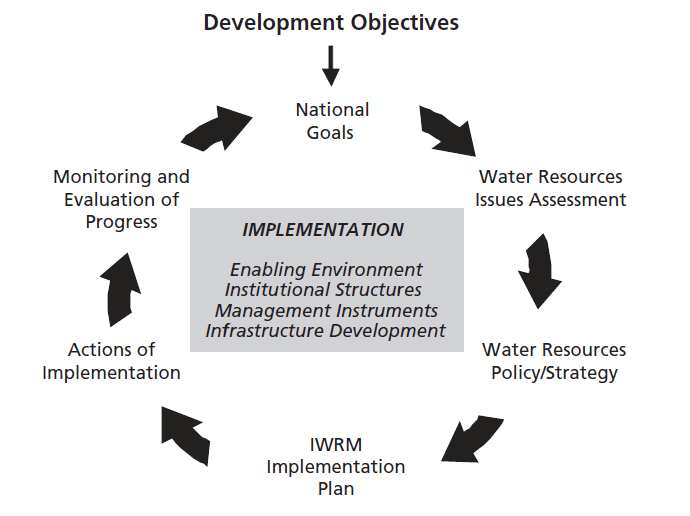In order to have full access to this article, email us at thedocumentco@hotmail.co.uk
Ref No: 1378

Table of Contents
WASTE MANAGEMENT AND SUSTAINABLE DEVELOPMENT.
- a) What is sustainable development?.
- b) The implications of each of the steps in the WRAP waste hierarchy to the fashion industry.
- c) What actions can an individual fashion company take to enhance their sustainability reputation?
Introduction
The case study selected for this case study analysis / essay is waste management and sustainable development. The reason behind selection of this particular case for this essay is that it is my field of interest and I find it most relevant to sustainable development and impacts on society as a whole.
The thing that leads to the development of waste is the migration of a huge number of people from rural to urban areas, such process is known as urbanization.
The councils who deal and collect the dirt, garbage from household, waste from the factories, market, streets and other commercial and industrial organizations, after collecting such wastes, dispose them off. There are a number of health and environmental effects that are caused due to the waste development and intuitive discarding of wastes, such as:
- Pollution of exterior water
- Development of dangerous gases inside the waste chucks and spittoons.
- Bird nuisance above the waste chuck and yards
- Plague through drift animals and other disease flies.
- Generation of greenhouse gases
- Litter and waste blown in the air causing bad odour
It is important to sustain the environment and manage the waste yards. I t has been made possible through sustainable solid waste management in which the solid wastes have been discarded near the residential areas, making place able to live and healthy.
In this case study, it is assumed that I am hired by the high street clothes retail company, which is a market leader in producing fashionable and affordable products.
Since my CEO wants to improve the sustainability of the company, so there is a need for the development of sustainability strategy. The strategy which I will be applying includes the WRAP Waste hierarchy and its challenges to the company and the fashion industry.
a) What is sustainable development?
In the view ofOstrom, Schroeder and Wynne(1993), Sustainable Development refers to meeting the current economic and financial needs without compromising the ability and resources to meet the future needs on its own as well. It includes the following two main ideas in it, such as
- The needs of the poor people in the world, to which dominant concern should be given
- The idea of restrictions by these social and technological companies on the nature’s capability to meet the current and future needs.
In support to the definition above, another definition of sustainable development refers to maintenance of a proper balance between the human want to progress standard of living and feeling of happiness and at the same time protection of natural resources and bio network by which the future survival and economic progress is possible (Bass and Dalal-Clayton, 2012).
Further, in the view of Bass and Dalal-Clayton (2012), sustainable development entails to economic development along with the preservation of the quality of environmental resources, each supporting the other.
The core of this type of development is a stable relationship between the human being activities and the nature, which does not reduce the outlook of the people living a quality life in future. However, as stated by Rao(2000), the sustainable development is not limited to the economic aspects only but it takes economic and social aspects together.
The goals of sustainable development can be divided into these two categories i.e. social and economic which go hand by hand to make the future of the people stable and sustainable.
The overall goal and purpose of sustainable development is the long-lasting constancy of the atmosphere and economy, which can only be achieved through the incorporation and recognition of atmospherically important, social and economic concerns while making the decisions of life (Rao, 2000).
However, the goals and objectives are divided into different categories by different researchers and authorities. It must be noted that the sustainable development is an international issue which is closely monitored by the United Nations. As mentioned by United Nations (2016), the some of the major goals of sustainable development are as follows:
- No Poverty and Reduce Inequality: One of the important goals of the sustainable development is to remove poverty globally alongside the reduction in all sorts of inequalities. The international authorities aim to carry development in such a manner so that the income disparity is reduced and poverty is alleviated completely from every economy (United Nations, 2016).
- Zero Hunger and Nutritional Food for Everyone: Another goal of the sustainable development is to reduce the hunger rate in economies to zero by production of nutritional food and reduction of income disparity.

Recent Comments